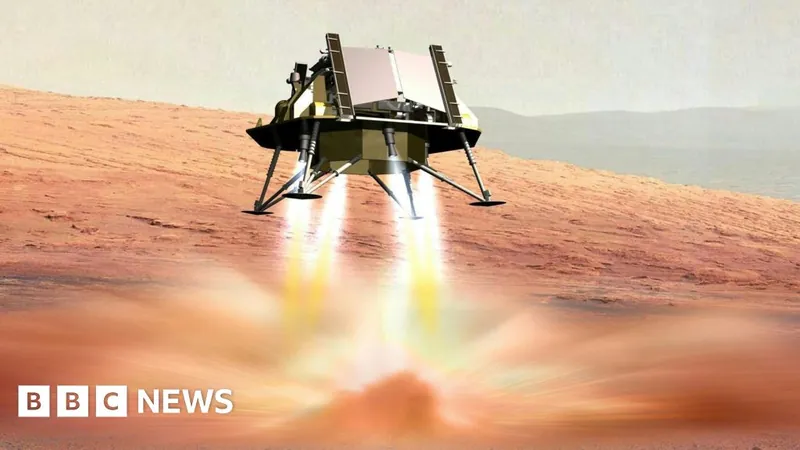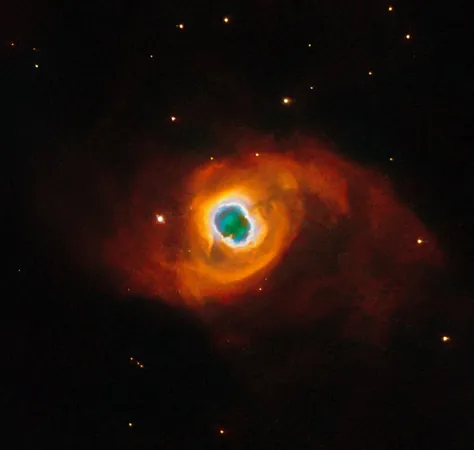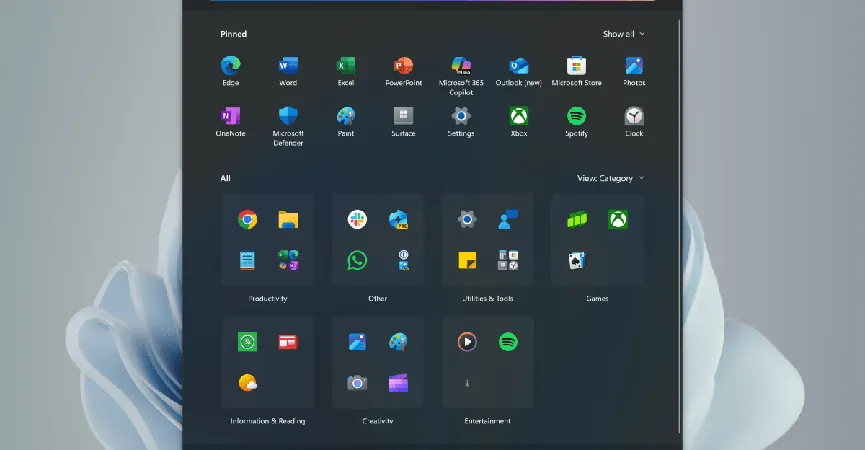
Airbus Takes Charge of Mars Mission, Paving the Way for Life Discovery!
2025-03-31
Author: Charlotte
In a groundbreaking shift in space exploration, Airbus, a prominent UK aerospace firm, has stepped in to replace Russia's Roscosmos space agency in the highly anticipated European project aimed at uncovering signs of life on Mars.
The mission revolves around the ExoMars lander, which will successfully deploy the Rosalind Franklin rover onto the Martian surface. This collaborative effort, which was initially set to launch in 2020, faced significant delays following Russia's full-scale invasion of Ukraine, leading to the withdrawal of the Russian state space agency from the project.
The new landing platform, ingeniously developed by Airbus in Stevenage, Hertfordshire, will utilize a cutting-edge parachute-assisted braking system to ensure a smooth landing on Mars. Once safely on the surface, the rover will be deployed to embark on its mission to search for extraterrestrial life.
Originally, the ExoMars program was envisioned as a partnership between the European Space Agency (ESA) and Roscosmos. The American space agency NASA had previously withdrawn from the collaboration in 2012 over shifting priorities. However, following the sanctions on Russia, the mission shifted gears and now NASA is on track to launch the rover in 2028, with an expected touchdown on Mars in 2030.
The Rosalind Franklin rover is poised to make history as the first Martian rover equipped to analyze soil samples from two meters beneath the Martian surface—crucial in the hunt for evidence of past or present life forms. This ambitious mission not only symbolizes a scientific milestone but also represents a leap forward in international collaboration and technological advancement in space exploration.
Airbus's extensive expertise comes into play as their teams will design critical systems for the lander, including the mechanical, thermal, and propulsion systems. Notably, dual ramps will facilitate the rover's descent with minimal risk, a significant feature ensuring the successful operation of this cutting-edge technology.
The rover, named after British scientist Rosalind Franklin, who was instrumental in the discovery of the DNA structure, continues to inspire a new generation of scientists and engineers. Kata Escott, managing director for Airbus Defence and Space UK, emphasized the monumental ambition of the mission, stating, “Getting the Rosalind Franklin rover onto the surface of Mars is a huge international challenge and the culmination of more than 20 years' work. This mission will supercharge our space know-how in the UK and advance our collective understanding of our solar system.”
In alignment with these developments, UK Secretary of State for Science, Innovation, and Technology, Peter Kyle, commented, "Airbus is set not only to help Britain make history in the European space race but also to create hundreds of highly skilled jobs and foster investment, further solidifying Britain's future through our Plan for Change."
As anticipation builds for this extraordinary mission, the world watches closely, eager to uncover what secrets Mars may hold about life's existence beyond our planet. Could Rosalind Franklin be the key to answering humanity's most profound questions? Stay tuned for updates on this thrilling journey into the unknown!









 Brasil (PT)
Brasil (PT)
 Canada (EN)
Canada (EN)
 Chile (ES)
Chile (ES)
 Česko (CS)
Česko (CS)
 대한민국 (KO)
대한민국 (KO)
 España (ES)
España (ES)
 France (FR)
France (FR)
 Hong Kong (EN)
Hong Kong (EN)
 Italia (IT)
Italia (IT)
 日本 (JA)
日本 (JA)
 Magyarország (HU)
Magyarország (HU)
 Norge (NO)
Norge (NO)
 Polska (PL)
Polska (PL)
 Schweiz (DE)
Schweiz (DE)
 Singapore (EN)
Singapore (EN)
 Sverige (SV)
Sverige (SV)
 Suomi (FI)
Suomi (FI)
 Türkiye (TR)
Türkiye (TR)
 الإمارات العربية المتحدة (AR)
الإمارات العربية المتحدة (AR)